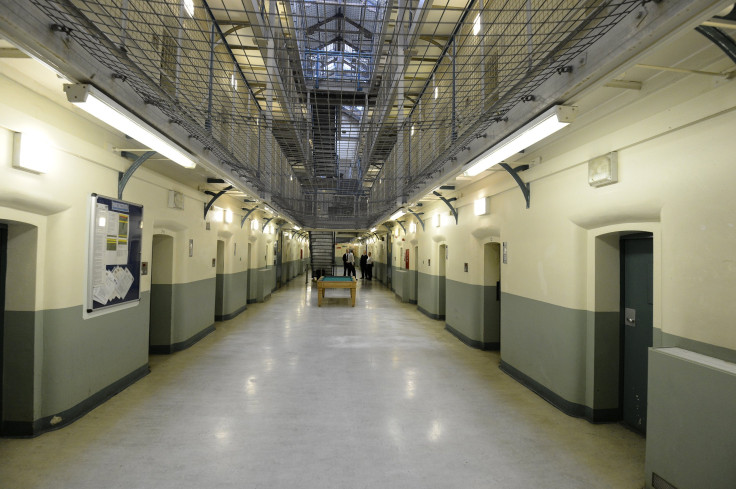3,000 Inmates At Risk, 34 Dead: San Joaquin Valley Calif. Prisoners Exposed To Lethal Lung Disease ‘Valley Fever’

An estimated 3,000 California inmates exposed to the potentially lethal lung disease Valley Fever may be relocated to other facilities following the death of more than 30 prisoners.
Reuters reported Monday that the disease, scientific name coccidioidomycosis, was recently found to be connected to 34 deaths at two San Joaquin Valley institutions from 2006 to 2011. A court-appointed federal overseer confirmed this week that at-risk inmates may be forced to relocate to other region's facilities.
Those infected with the disease are described as having pneumonia-like symptoms. The illness, which is known to last for a period of weeks, sometimes months, is non-contagious and is contracted from inhaling fungal spores that are known to grow on dry soils in the Southwest region of the U.S.
Despite Valley Fever expert Dr. John Galgiani's claims that only a small percentage of those infected become severely ill, he deemed the California prison situation a “medical emergency,” according to court documents.
The California Department of Corrections and Rehabilitation reportedly requested correctional facilities hault the transfer of potentially infected inmates in 2011 after reports of the spreading disease were confirmed. A spokesman for the Corrections Department, Jeffrey Callison, said the state has yet to stop sending or relocating at-risk prisoners to the two facilities.
Pleasant Valley State Prison and Avenal State Prison inmates with compromised immune systems, who suffer from diabetes, who are 55 years of age and older or who are of African-American or Filipino descent are the most at risk.
Prisoners are not the only ones suffering from the disease; 28 Topaz Solar Farm and California Valley Solar Ranch employees in San Luis Obispo County, Calif., were confirmed to be suffering from the same illness, the L.A. Times reported Wednesday.
© Copyright IBTimes 2024. All rights reserved.












